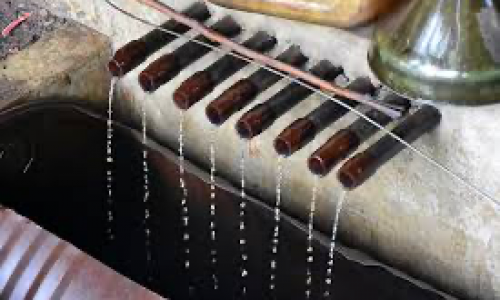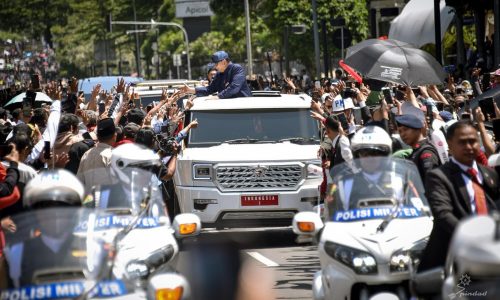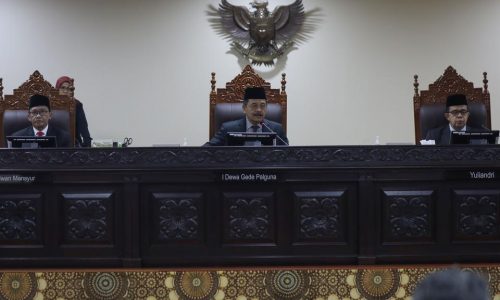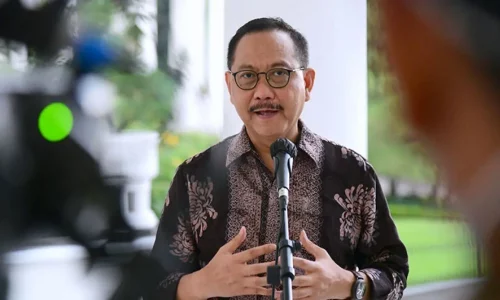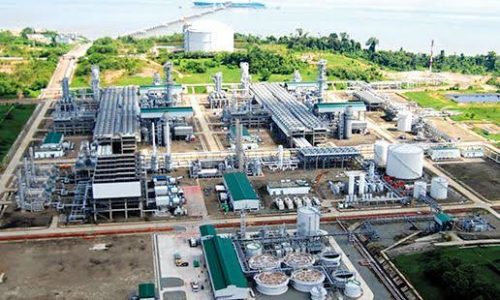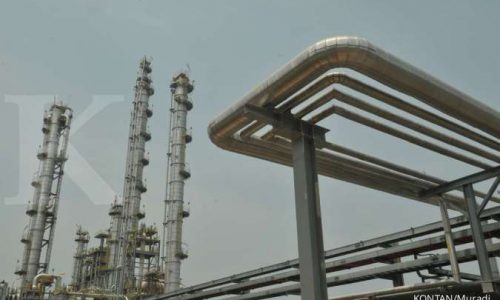Your Majesty (Paduka Yang Mulia), Your Excellency (Yang Mulia), and Lord Majesty (Paduka Tuan) were once honorific titles in Indonesia and considered as being feudalistic.
A commission VIII member of the House of Representatives from the Indonesian Democratic Party of Struggle (Partai Demokrasi Indonesia Perjuangan, PDIP), Arteria Dahlan, caused an uproar for not being addressed as “The Honorable” by the Corruption Eradication Commission (KPK) chairman in a hearing on September 11, 2017. He went on by comparing how President Joko Widodo and the National Police Chief General (Pol.) Tito Karnavian used honorifics to address the members of the Parliament. His reaction received a negative response from the public as it was seen as a snobbish act.
There was a period of time in Indonesia wherein Paduka Yang Mulia (Your Majesty), Yang Mulia (Your Excellency), and Paduka Tuan (Lord Majesty) were used to address the bureaucrat members in government meetings, as experienced by the Police General (Ret.) Awaluddin Jamin, a former National Police Chief (1978-1982).
As a Head of the General Section from 1955 to 1959 under National Police Chief Said Soekanto, Awaluddin was assigned to accompany Soekanto during meetings and to take note of every single word spoken. Awaluddin described Soekanto was called as Paduka Tuan (Lord Majesty) and addressed his subordinates as the Tuan-Tuan (Gentlemen). A historian Peter Kasenda who wrote numerous books about Sukarno said that “His Majesty” as an appellation for Sukarno came from the people around him. Meanwhile “the Great Leader of the Revolution”, another appellation emerging post the Guided Democracy era, was possibly Sukarno’s own concept. The appellation of the Great Leader of the Revolution was justified through the resolution of Temporary People Consultative Assembly [MPRS TAP No.II/MPRS/May 1963] which simultaneously appointed Sukarno as president for life.
However, according to Barlan Setiadijaya in “10 November 1945: Gelora Kepahlawanan Indonesia” (November 10, 1945: Indonesian Heroism), the title of His Excellency and the similar appellation was a holdover of Japanese feudalism. The habit of adding Japanese honorifics such as -san (Lord), -kan (Lord Majesty), and -kaka (The Noble) were used since the beginning of independence. On September 6, 1945, President Sukarno made an announcement in the mass media where he prefers to use “Bung Karno” (Bung is an affectionate title used to address colleagues; “dude”) on a daily basis and to use honorifics title only for official state-related matters.
During the Old Order, the honorific titles were still commonly used in official government events. Even a song “Oentoek PJM” (For His Excellency) was made in 1963 by Soetedjo and sung by Lilis Suryani. Three years afterward, the appellation Paduka Yang Mulia (Your Majesty), Yang Mulia (Your Excellency), and Paduka Tuan (Lord Majesty) were abolished because it strongly reflected the feudal system in the colonial period.
These were substituted by common titles such as Bapak (Mr.), Ibu (Mrs.), Saudara (Sir), and Saudari (Ms.), according to the resolution of Temporary People Consultative Assembly [MPRS TAP No.31/1963].
by Nur Janti


